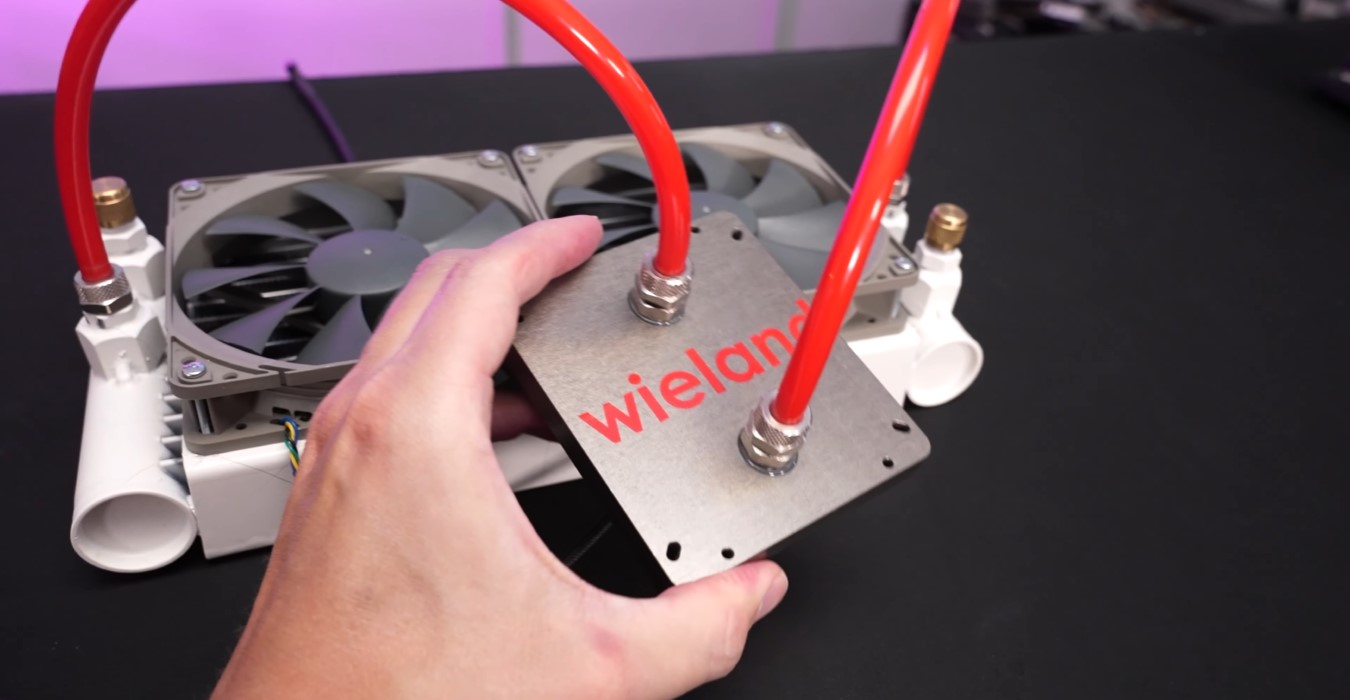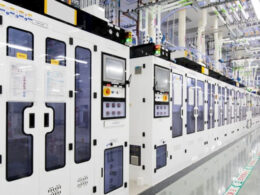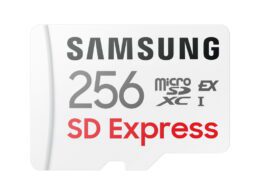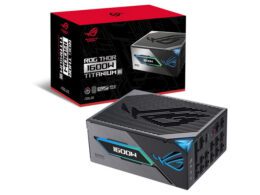German company Wieland has created a unique liquid cooling system (LCS) for central processors that forgoes the traditional pump. Instead, it uses a thermosiphon principle for cooling. German enthusiast Roman ‘der8auer’ Hartung evaluated the innovation and compared it with the conventional LCS from Corsair.
Understanding the Thermosiphon Principle
The thermosiphon principle is a passive heat exchange mechanism based on natural convection. It ensures circulation of liquid inside the LCS without using a mechanical pump. This feature sets Wieland’s innovation apart from traditional LCS that rely on an active pump for liquid circulation. Thermosiphon method is commonly used today in systems of heat pumps, water heaters, boilers, and solar water heaters.
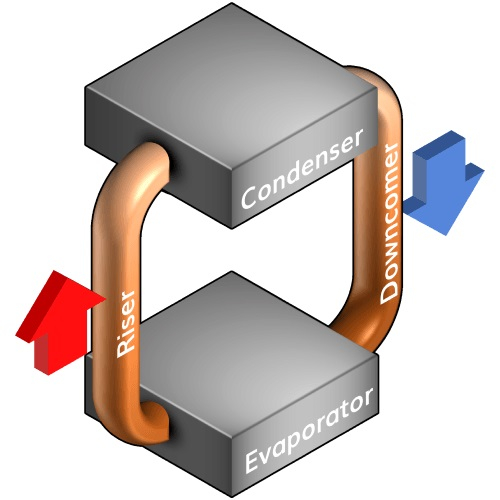
Features and Comparisons of the Prototypes
It’s important to note that Wieland’s LCS is a prototype. If the company decides to sell it, the design may potentially change. For a fair comparison, Der8auer replaced the original fans cooling the Wieland LCS radiator with Corsair’s to mimic the conventional LCS setup. According to Hartung, the current Wieland LCS supports Intel LGA 1700 and AMD Socket AM5 processor sockets.
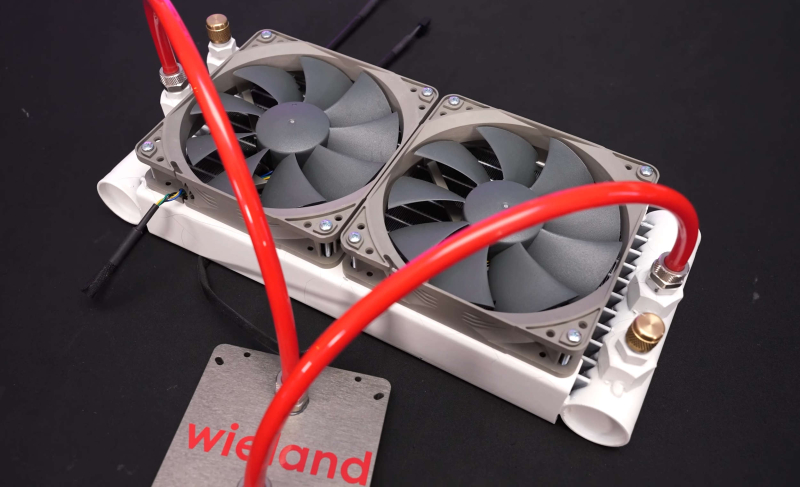
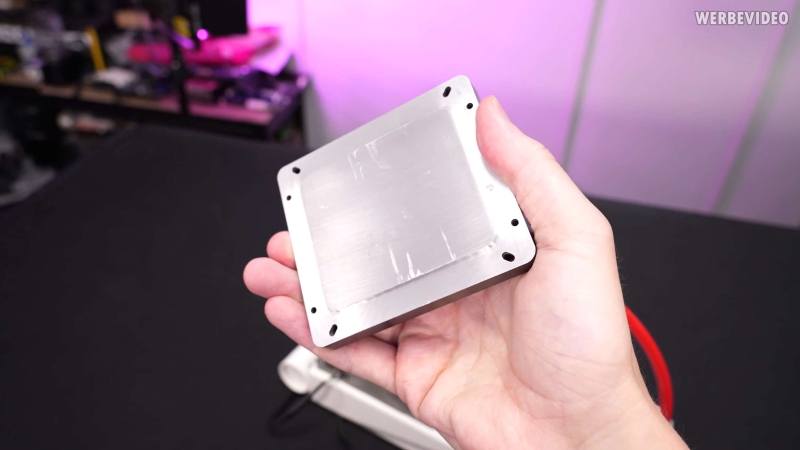
Performance of the LCS Systems
The Wieland LCS offered similar performance as the Corsair LCS during gaming tests. However, under the stress test conditions of Cinebench R23, the Corsair unit outperformed. The CPU temperature with Wieland’s LCS reached 78 degrees Celsius, while Corsair’s only reached 70 degrees. Overall, the thermosiphon-based LCS was approximately 8 degrees less efficient in cooling, reducing the frequency and power of the Ryzen 9 7950X in the tests.
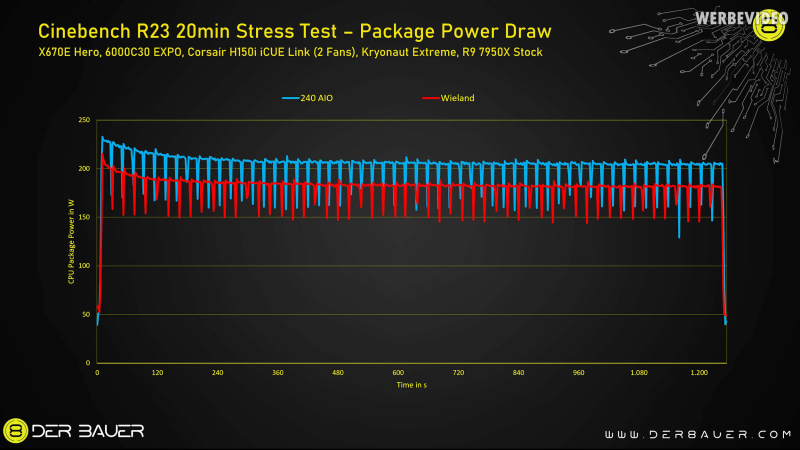
The Wieland LCS’s Potential
While the Wieland LCS prototype shows potential for competing against traditional LCS, improvements are needed — for instance, by insulating the radiator sides and replacing the aluminum contact plate with copper. Aesthetically, it could also use some updates, according to Der8uaer.
The most significant advantage of the Wieland LCS is that its design eliminates moving mechanical parts, making it much quieter than traditional LCS with pumps. The only noise is from the fans attached to the radiator.

